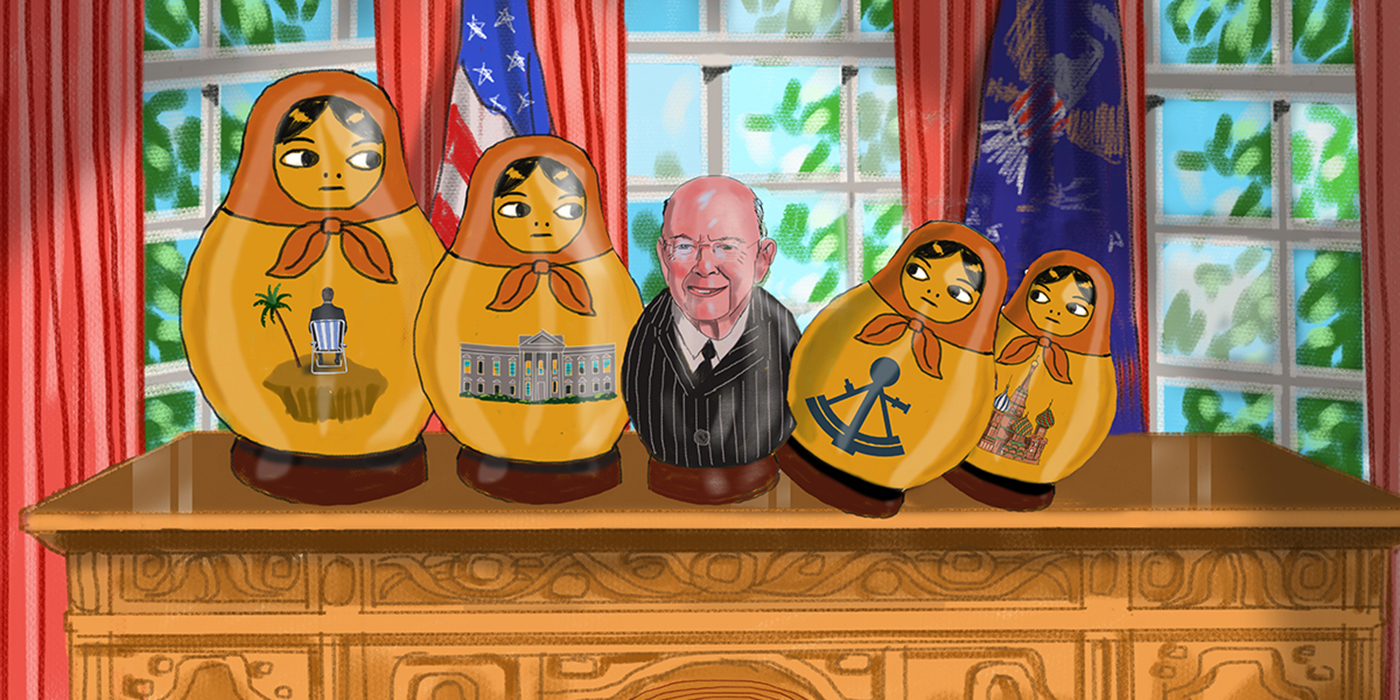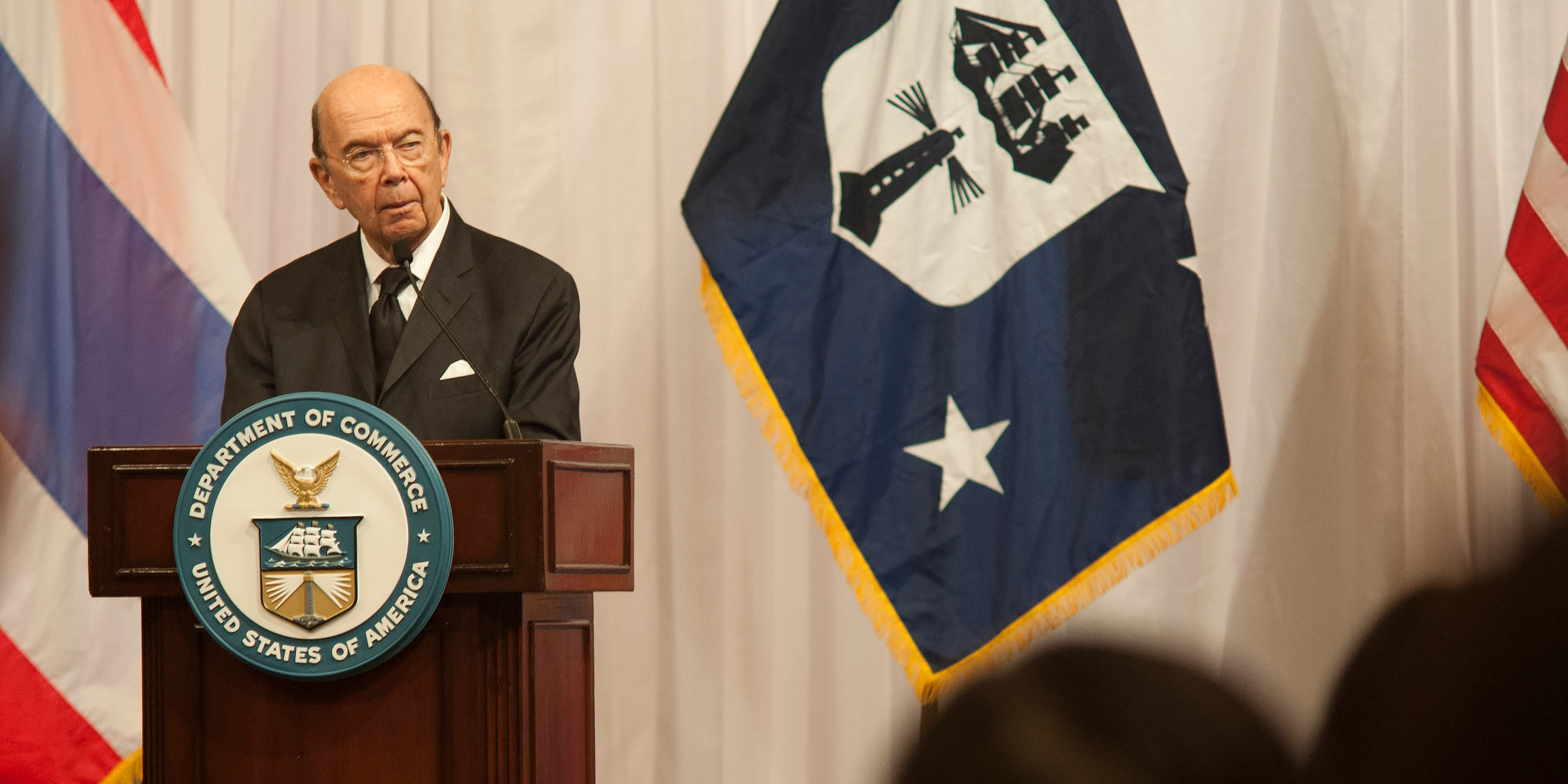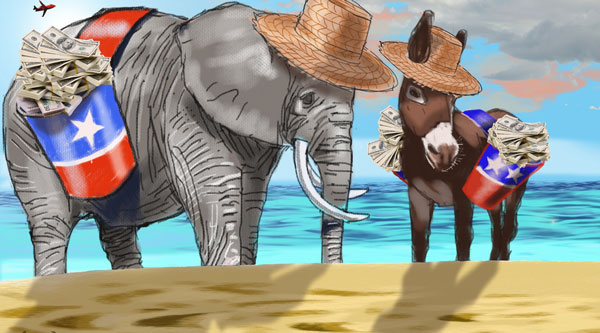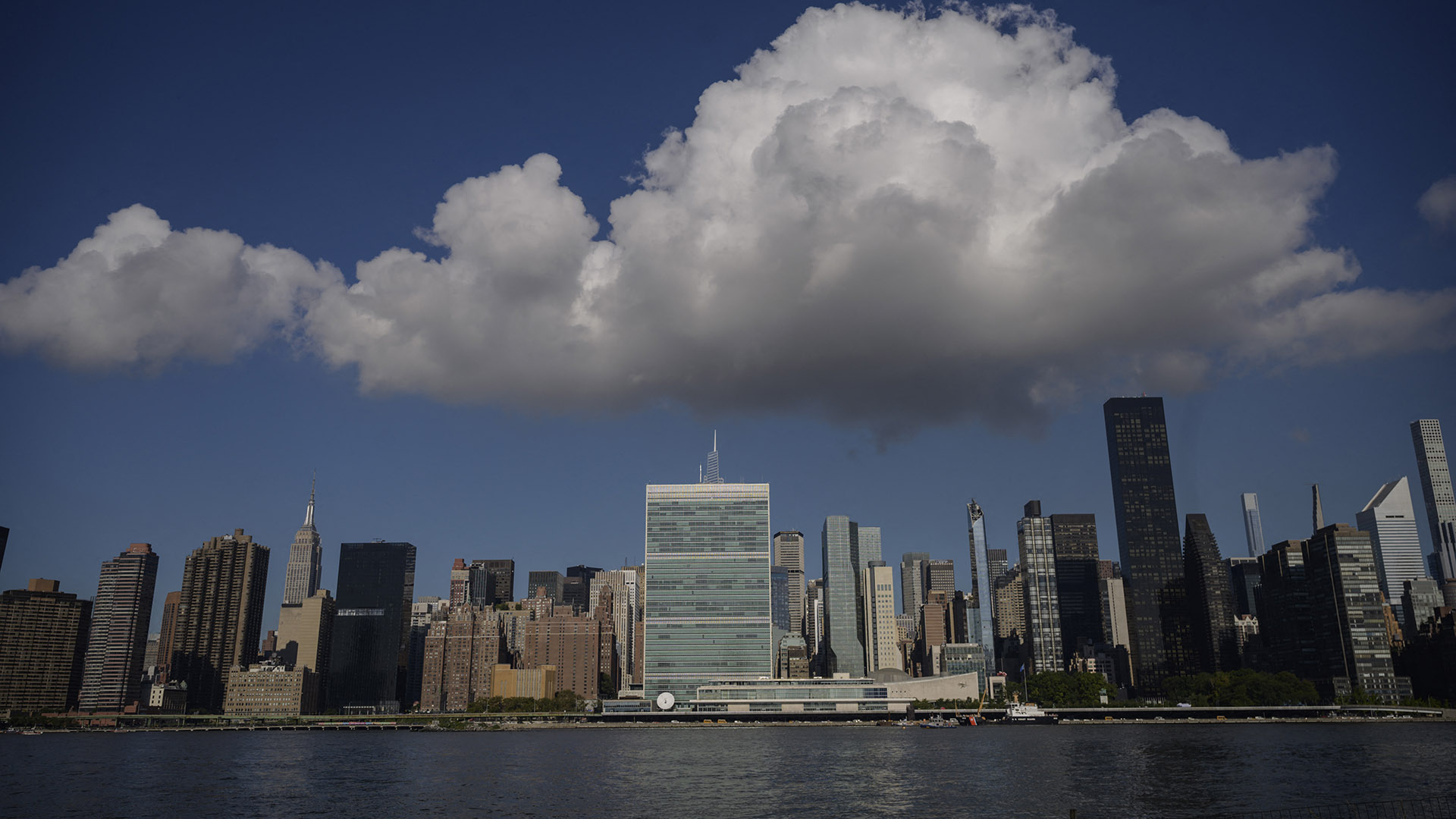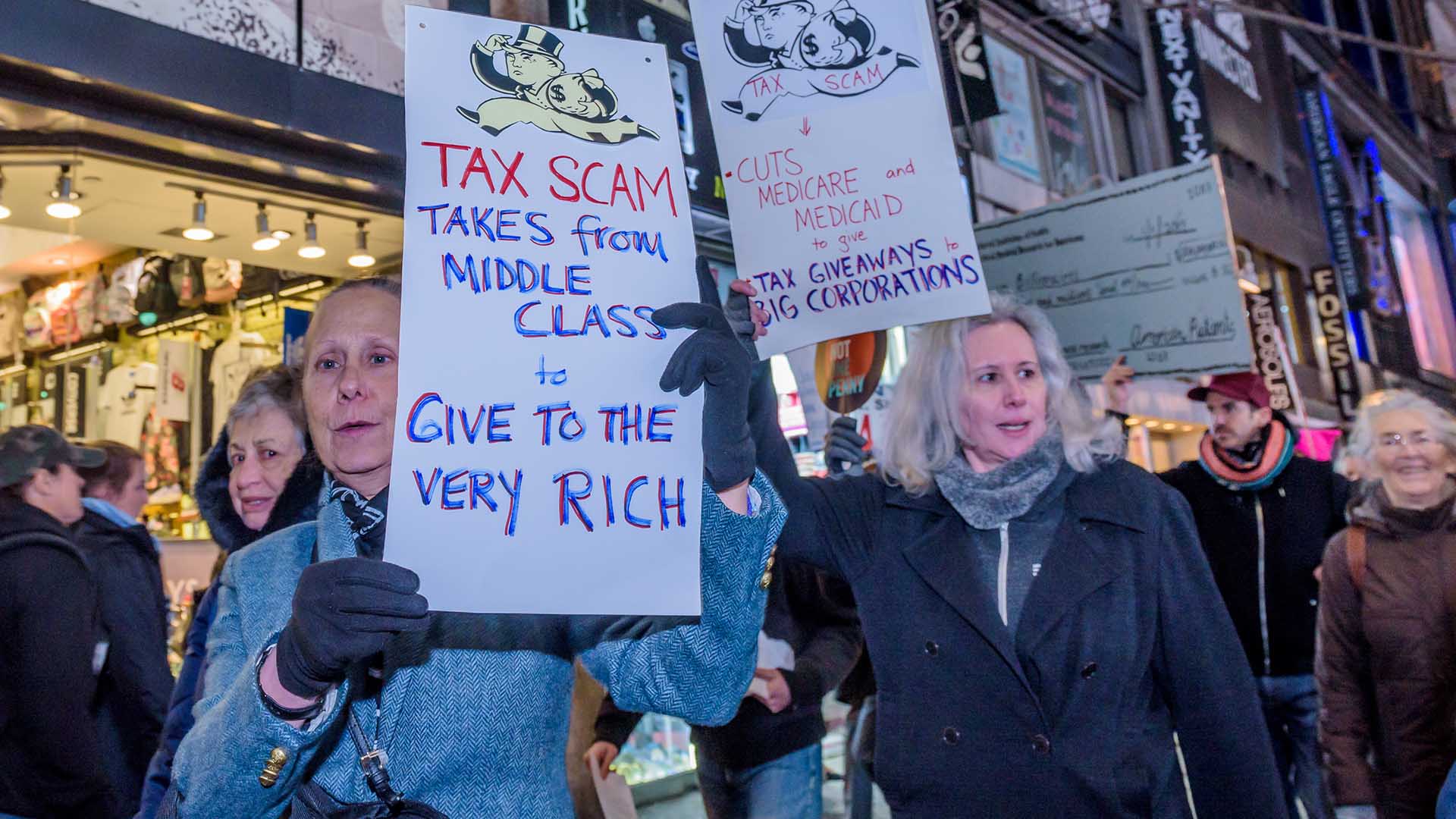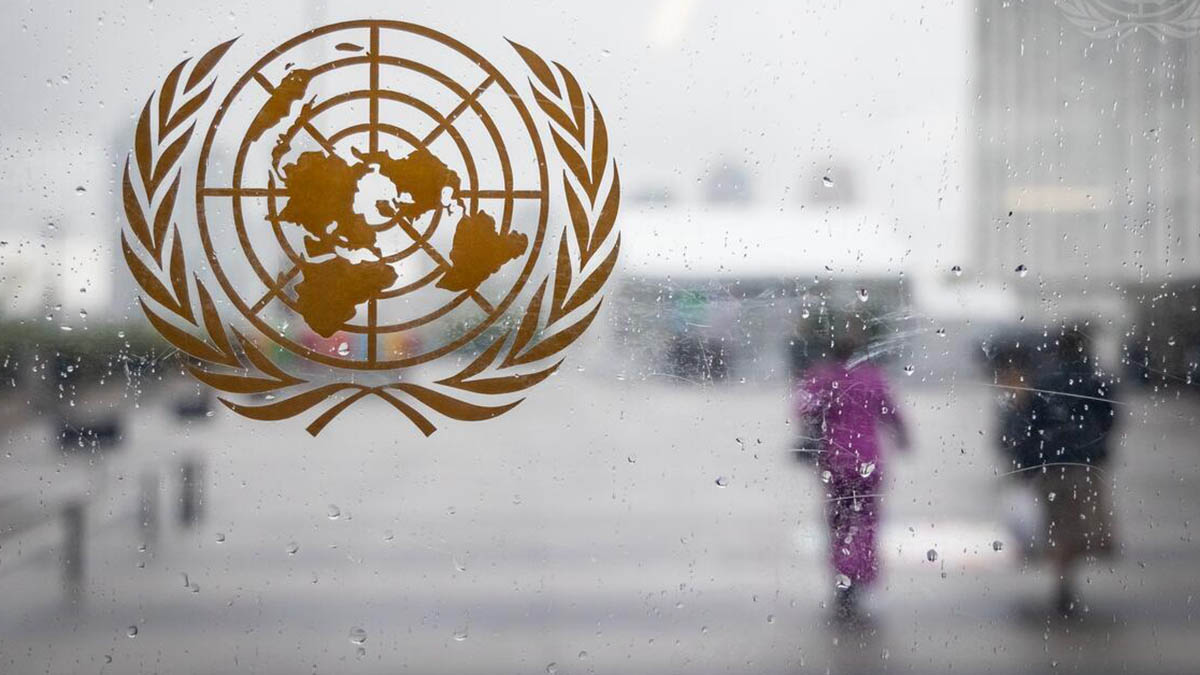The U.S. Congress’ primary ethics watchdog, the Government Accountability Office (GAO), has been asked to investigate whether Commerce Secretary Wilbur Ross’ offshore investments could have created conflicts of interest, following revelations from the Paradise Papers.
Democratic Senators Cory Booker (D-NJ) and Richard Blumenthal (D-CT), who earlier joined four other senators in asking the Department of Commerce Inspector General to investigate possible conflicts of interest arising from Ross’ investments, requested the director of the independent congressional watchdog investigate the matter as well.
A week earlier, ICIJ, the New York Times and other media partners reported that Ross retained a personal stake in a shipping company, Navigator Holdings, that benefits from a business relationship with a Russian company that has strong ties to the Kremlin.
Among its high profile owners are Russian President Vladimir Putin’s son-in-law and two of Putin’s associates, one of whom has been personally sanctioned by the United States, and the other of whom has a business that has been sanctioned.
“Secretary Ross’s actions have the potential to affect his offshore investments when those entities have commercial partners with ties to foreign governments,” wrote the senators in their letter to GAO director Gene Dodaro.
Ross confirmed this week that he would divest his stake in Navigator Holdings
However, recent deals highlight the potential for conflict that has already occurred. For example, Ross recently helped negotiate a trade deal that results in China increasing exports of liquefied natural gas (LNG) to the U.S.
As NBC reported, Navigator Holdings stood to benefit from the deal because, according to filings it made to the Securities and Exchange Commission, growth in the LNG sector would also increase the market for liquefied petroleum gas – a product in which it specializes.
Kathleen Clark, a government ethics expert and law professor, told ICIJ the “direct and predictable” standard in federal conflict of interest law could include a chain of events – in which an action causes an event which in turn causes a second event – as long as the causal relationship between the official’s action and its financial effect is clear.
Ross negotiated the China agreement with his chief-of-staff Wendy Teramoto.
Teramoto, who was Ross’ deputy at his private equity firm WL Ross & Co. before joining the Commerce Department, still sat on Navigator’s board when she first went to work at Commerce, Politico reported.
Conflicts of interest
There have also been questions raised about whether Ross should be omitted from all international shipping matters.
It is “necessary but not sufficient” for Ross to abstain from international shipping matters, Clark said.
“I’d want to look at every matter that he touches as Commerce Secretary.”
Adding to the ethics questions circling Ross, The Intercept also reported last week that the Commerce Department’s designated ethics official, David Maggi, was promoted to the position by Ross. Maggi is responsible for conducting oversight of Ross’ and Teramoto’s conflicts of interest.
In response to questions about whether the ethics office has reviewed Ross and Teramoto’s role in the China trade deal, Commerce Department spokesman James Rockas told ICIJ that “LNG export policy is not set by the Department of Commerce. The Government of China volunteered an interest in long term LNG contracts, and Secretary Ross simply reported the U.S. Government’s position”.
Rockas also previously told the New York Times and ICIJ that Ross had not sought ethics waivers that would allow him to take part in matters where there was a conflict of interest.
Some of these findings were cited in the request by the six senators to the Commerce Department Inspector General, which included a call to examine “whether Secretary Ross has complied with the recusal requirements in his ethics agreement and the adequacy of that agreement.”
They also called for the investigation to “examine the veracity of Secretary Ross’ statements about his wealth”, which have been questioned by Forbes and Bloomberg.
Separately, the Commerce Secretary found himself being sued this week by former colleagues who allege Ross pocketed millions in improper fees.
